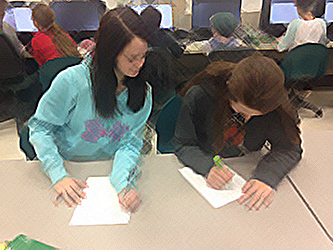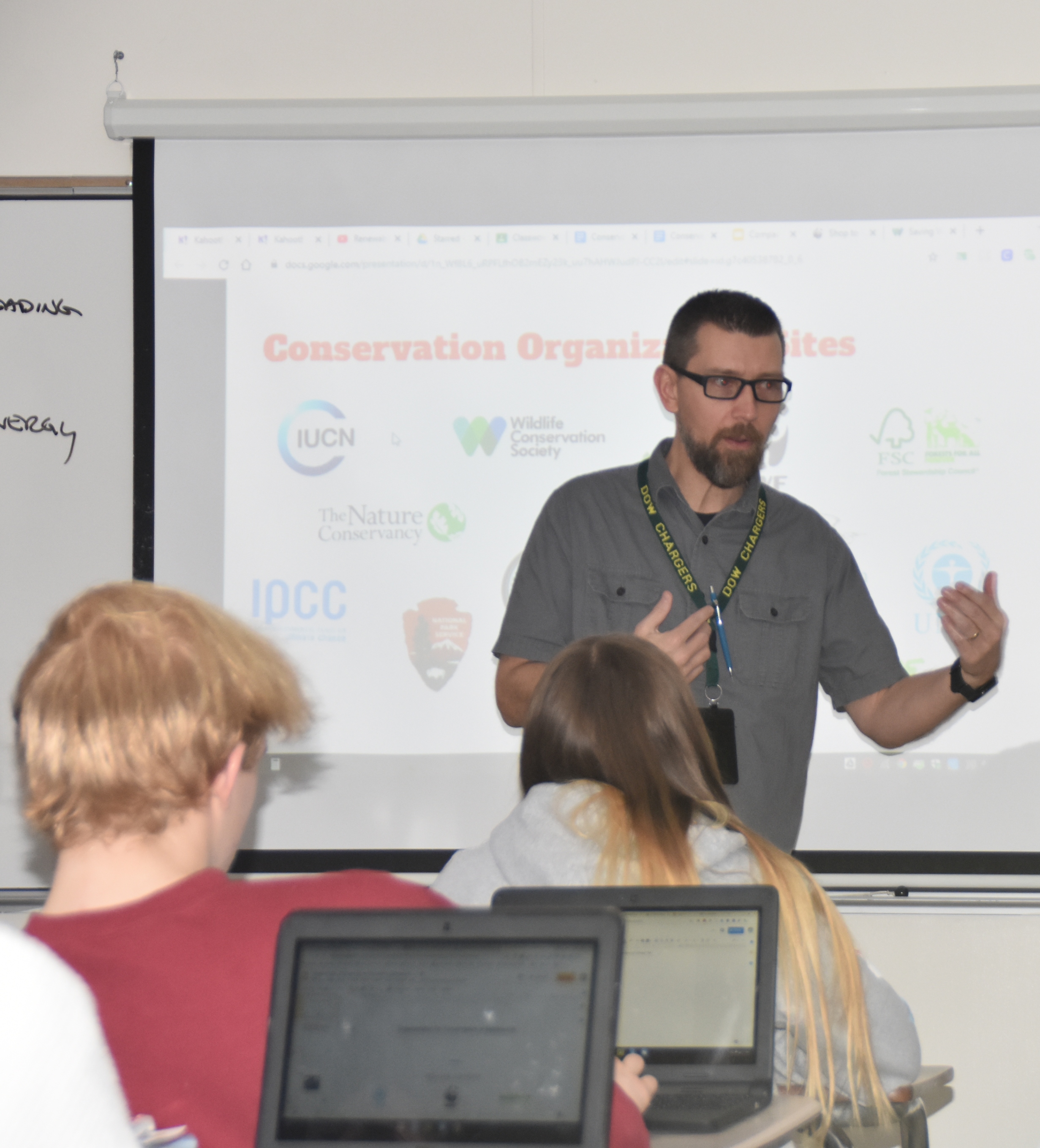Cheating has been an ongoing occurrence at public schools worldwide for a long time, and DHS is no different. Throughout more recent years, cheating has gotten easier due to instant access to the internet and enables students to connect with answers through their phone. Cheating has also become more widely tolerated. Teachers and parents are no longer giving their students the message about what is allowed and what is prohibited.
“I don’t think there’s any question that students have become more competitive, under more pressure, and, as a result, tend to excuse more from themselves and other students, and that’s abetted by the adults around them,” Donald L. McCabe, a retired professor at the Rutgers University Business School and a leading researcher on cheating, said.
Studies show that cheating among high school students has dramatically increased over the last 50 years due to the fact that grades have become more important than the information and knowledge that students could be gaining. 73% of all test takers agreed that most students will cheat, or have cheated, at some point. 86% of high school students agreed.
Cheating will occur in all subjects at some point, but math and science are the two subjects in which cheating most often occurs.
Biology teacher and Alpine Club advisor Lisa Bilodeau had a few things to say about cheating. Some teachers consider things cheating that other teachers might not.
“If you take credit from another person’s work, you are cheating,” Bilodeau said.
With Bilodeau being a science teacher, she corrects cheating behavior on tests often.
“Students are tempted to look at others’ answers and sometimes the temptation is too much, Bilodeau said.”
Many teachers deal with cheating differently. For Bilodeau, a simple warning to the whole class can eliminate it most of the time, but sometimes she has to move the student away from the temptation to another desk.
Cheating is a problem in almost all schools, and like all problems, there is a solution to it.
“In testing situations, cheating could be reduced by having more space in the classroom,” Bilodeau said. “If desk spacing could be increased, cheating would be more difficult for students and easier to spot by the teachers.”
Despite the many attempts that teachers make to get rid of cheating, it will never be completely gone. For many students, cheating is a must-have for them to get through their academic careers.
By: Logan Rivard



